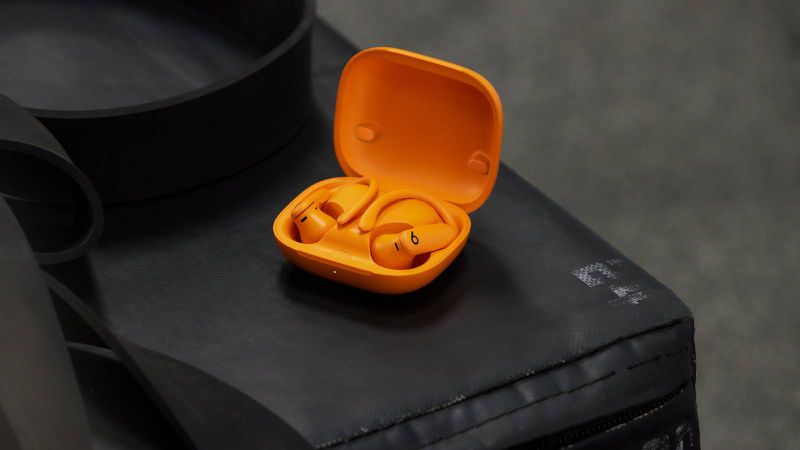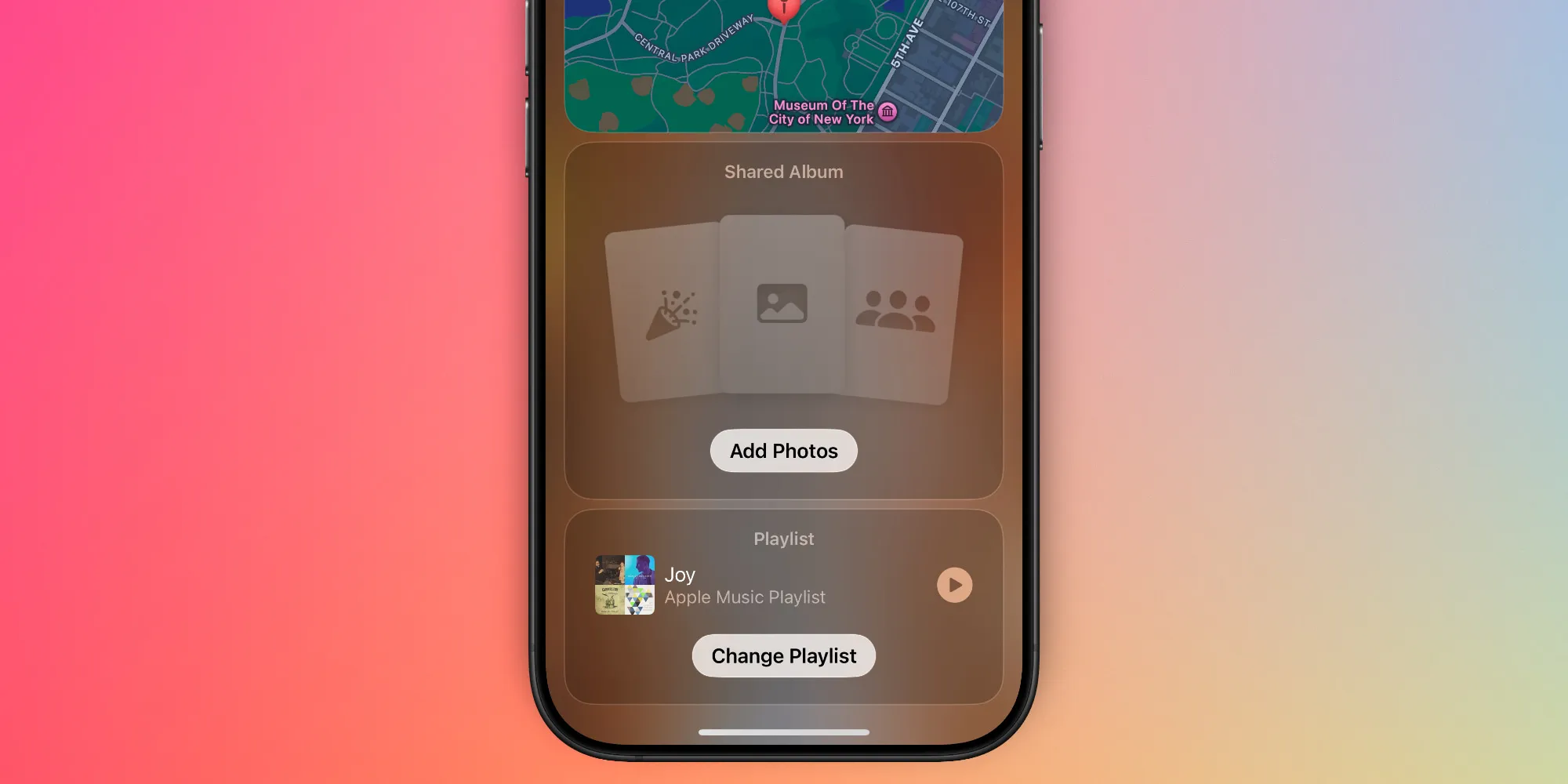In a recent speed test by PhoneBuff, the Samsung Galaxy S25 Ultra has shown it’s faster than the iPhone 16 Pro Max when opening apps. This test looked at how quickly each phone could handle tasks across different programs, from social media to games.
The Galaxy S25 Ultra, powered by the Snapdragon 8 Elite chip and equipped with 12GB of RAM, took the lead right from the start. It was quicker in opening work apps and even faster in processing photos in Snapseed, an editing app. When it came to video editing with LumaFusion, the Samsung phone was 25% faster than the iPhone, which is surprising since Apple phones usually do well in this area.
Even in games, where iPhones have often led, the S25 Ultra kept ahead. It did better or just as well as the iPhone in games like Subway Surfers and Flip Diving. The iPhone only slightly won in some games, but overall, Samsung was ahead.
The first round of app openings took the Galaxy S25 Ultra just 2 minutes and 18 seconds, beating the iPhone by 15 seconds. In the second round, which checks how well the phones keep apps running in the background, the iPhone narrowed the gap a bit, but Samsung still won by a clear margin, which PhoneBuff described as one of the biggest victories in recent speed tests.
Samsung’s advantage seems to come from its powerful chip, more RAM, and a larger cooling system. This setup, along with Android 15 and One UI 7, gives the Galaxy a performance boost. Although Apple has had time to fine-tune iOS 18 for its hardware, Samsung has seemingly taken the lead in speed.
Looking ahead, Apple might catch up with the iPhone 17 series expected in September. The new models could feature an A19 Pro chip made with an advanced manufacturing process, potentially offering better speed and efficiency. Also, all iPhone 17 models are rumored to have better cooling to manage heat during heavy use.
This speed test shows that while both phones are top performers, Samsung currently holds the lead in how quickly apps can be loaded and processed.





